SDGs in the Chemistry Courses
Chemistry plays an essential role in achieving the Sustainable Development Goals (SDGs) by offering a broad range of services and products vital to ensure a safe, sustainable and environmentally sound life. In addition, chemistry supports the efficient use of natural resources, increases energy efficiency, mitigates climate change, enables the development of green and sustainable materials and plays a critical role in medical diagnosis and drug development. The Chemistry curriculum at the Lebanese American University provides its students with the knowledge and skills to solve the chemistry challenges articulated in the SDGs. The program emphasizes project-based and problem-solving approaches that motivate students to apply their theoretical knowledge to real-world problems.
| SDGs | LAU CHM Courses | Brief Explanation |
|---|---|---|
|
SDG3 Good Health and Wellbeing  |
CHM340, CHM421, CHM422 | The environmental chemistry course is developed around the concept of pollution reduction in air, water and soil, and decreasing its impact on human health. Besides, students explore through inorganic chemistry new applications in drug development, thereby enabling people to live longer and healthier lives. |
|
SDG6 Clean Water and Sanitation 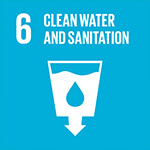 |
CHM201, CHM312, CHM314, CHM340, CHM421, CHM422, CHM424, CHM488B, CHM499R | Introductory and advanced chemistry courses prepare students to first discover the significance of water as a key component for life on Earth. Then, they get to identify organic and inorganic pollutants that would affect water quality, which enlightens students on the importance of pollution prevention strategies. Finally, the courses explore the development of innovative materials and technologies for water filtration, wastewater treatment, desalination and more. |
|
SDG7 Affordable and Clean Energy 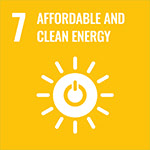 |
CHM201, CHM312 | These courses cover foundational energy concepts, such as energy definition, units and energy conservation. Also, organic chemistry covers fundamental concepts in the synthesis of different functional groups that are essential for the development of less hazardous materials for solar and wind conversion and energy storage. |
|
SDG11 Sustainable Cities and Communities  |
CHM402, CHM424 | Chemistry of materials and synthesis of nanomaterials brings students in contact with state-of-the-art technologies and substances that are used or suggested to be used eventually in urban areas and cities which are home to over half the population of the globe. SDG11 is about making cities and human settlements inclusive, safe, resilient and sustainable. As such, CHM402 discusses the chemistry of the materials used in applications like sustainable energy production (solar cells), clean fuel (Hydrogen storage), reinforced materials for construction (composite polymeric materials), seawater desalination technology (membrane materials) and a great number of other applications. |
|
SDG12 Responsible Consumption and Production  |
CHM203, CHM204, CHM313, CHM314, CHM332, CHM334, CHM340, CHM424, CHM488B, CHM499R | These courses cover a wide range of concepts starting with chemical waste management in every chemistry laboratory, moving to energy production and storage and ending with recycling and reusing molecules to promote circular economy and green chemistry. |
|
SDG13 Climate Action  |
CHM203, CHM340, CHM402, CHM488B, CHM499R |
Major reasons for climate change are associated with increasing greenhouse gas emissions which are leading to extreme weather patterns and rising sea levels. These courses provide valuable tools to understand climate change and identify its causes and explore the available solutions. Besides, these courses discuss in-depth innovative technologies that serve to reduce these emissions, capture them at source or from polluted air or filter them through specific membranes. Such materials include, but are not limited to, Metal Organic Frameworks (MOFs), Covalent Organic Frameworks (COFs), Porous Zeolites, Porous Polymers, transition metals for the reduction of toxic gases in Catalytic converters and several other chemical principles for functional materials. |
|
SDG14 Life Below Water 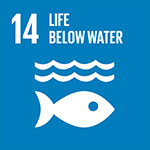 |
CHM203, CHM312, CHM424, CHM488B, CHM499R | Courses in quantum mechanics, materials science and nanotechnology pave the way for groundbreaking innovations across multiple fields, including quantum computing, energy production and storage and superconductors, among others. |
|
SDG16 Peace, Justice and Strong Institutions  |
CHM404 | Forensic chemistry equips students with the knowledge and tools required to fulfill some of the targets of SDG16 such as 16.2 and 16.4. |
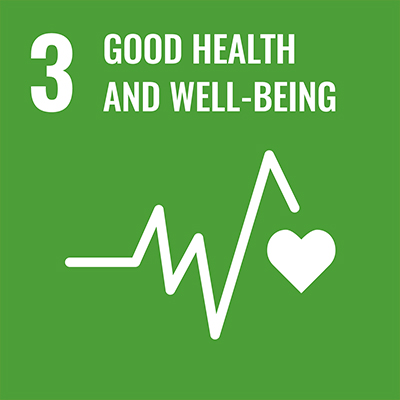 3
3
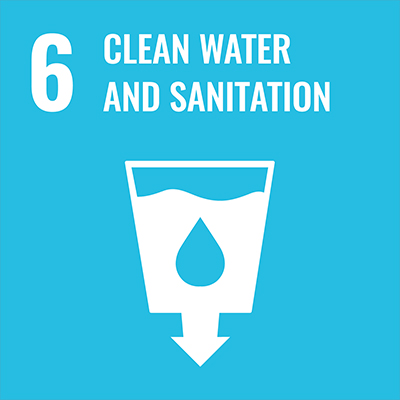 9
9
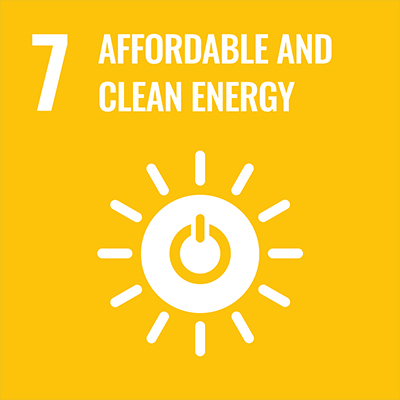 2
2
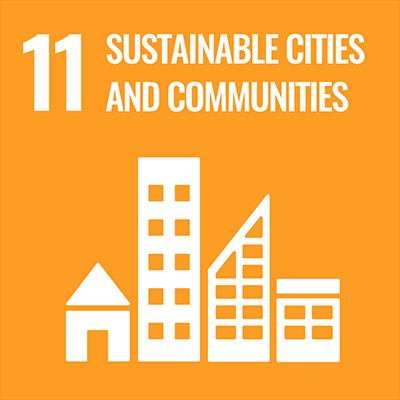 2
2
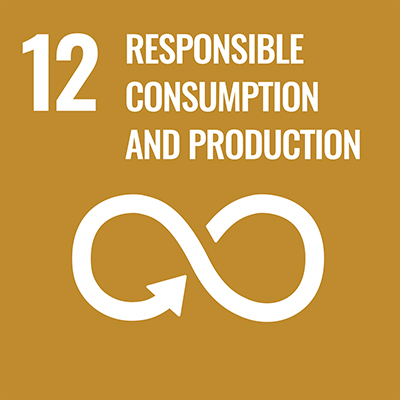 10
10
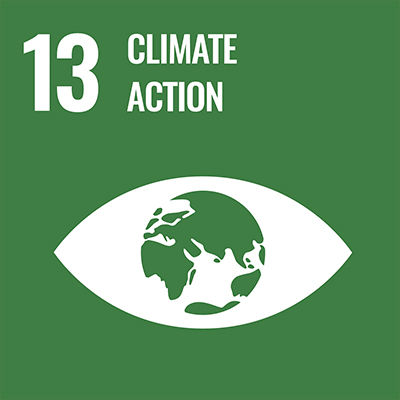 5
5
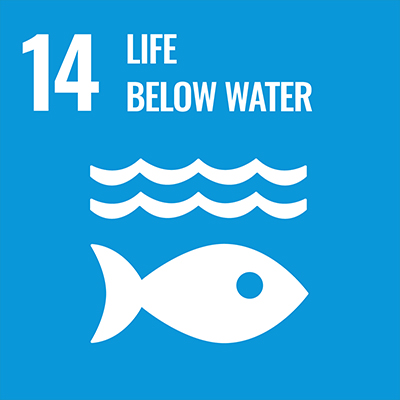 5
5
 1
1